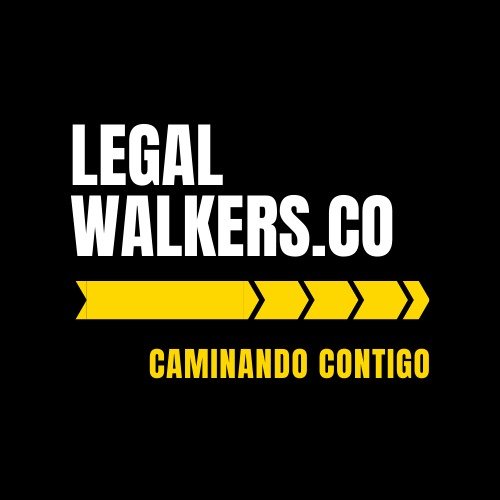
Best Government Contract Lawyers in Bogotá
Share your needs with us, get contacted by law firms.
Free. Takes 2 min.
List of the best lawyers in Bogotá, Colombia

About Government Contract Law in Bogotá, Colombia
Government Contract Law in Bogotá, Colombia governs the creation, execution, and management of contracts entered into by government entities. These entities can be central, regional or local institutions regulating public spending, procurement, and other activities. These laws help ensure that Government operations are conducted transparently, efficiently, and for the benefit of Colombians. In addition, they help protect against corruption, fraud, and misuse of public funds.
Why You May Need a Lawyer
A lawyer specializing in Government Contract Law can assist in various situations. These include drafting a business proposal for a government contract, ensuring that a government contract bid is legally valid and competitive, contesting a government contract award decision, addressing conflicts during the execution of a government contract, or handling legal disputes that may arise with a government entity due to a contract. It is essential to seek legal advice from experts in Government Contract Law due to the complexity and the significant consequences of potential missteps.
Local Laws Overview
In Bogotá, Colombia, a number of laws govern government contracts. The most important law is Law 80 of 1993, also known as the Statute of Contracting of the Public Administration. This law sets out the regulations for contracting with public entities. Additionally, Law 1150 of 2007 and Decree 1082 from 2015 provides a legal framework that modernizes and streamlines the process of government procurement. These laws address key aspects such as equality, transparency, economy, responsibility and planning in Government contracting.
Frequently Asked Questions
Who can bid on government contracts in Bogotá, Colombia?
In most cases, any legal entity that meets the government's requirements can bid on government contracts, including domestic and foreign corporations, nonprofits, and even individuals in some instances.
What is the process to bid on government contracts?
The general bidding process starts with the government entity publishing a public solicitation for goods or services. Interested bidders must then submit a proposal in accordance with the solicitation's specifications. A successful bid is generally the one that best meets the requirements at the most cost-effective price.
How are disputes in government contracts resolved?
Disputes related to Government contracts are typically resolved through the legal processes established in Colombian law. The Chamber of Administrative Litigation of the Council of State is usually responsible for resolving these disputes.
What are the penalties for breach of a government contract?
Penalties for a breach of a government contract can be severe, ranging from fines to criminal charges, depending on the severity and nature of the breach.
Can a government contract be terminated?
Yes, a government contract can be terminated if the contractual terms allow for it, or if there is a violation of the contract's terms that justifies termination.
Additional Resources
The Colombian National Procurement Agency (Colombia Compra Eficiente) provides useful resources and information on government procurement. The Public Procurement Observatory of the Chamber of Commerce of Bogotá also provides significant resources and information.
Next Steps
If you need legal assistance related to government contracts, it's advisable to reach out to a lawyer or law firm specializing in Government Contract Law. They can provide professional guidance specific to your situation. You should also consider gathering all related documents and details relevant to your government contract as these will be crucial during consultations and potential legal proceedings.
The information provided on this page is intended for informational purposes only and should not be construed as legal advice. While we strive to present accurate and up-to-date information, we cannot guarantee the accuracy, completeness, or currentness of the content. Laws and regulations can change frequently, and interpretations of the law can vary. Therefore, you should consult with qualified legal professionals for specific advice tailored to your situation. We disclaim all liability for actions you take or fail to take based on any content on this page. If you find any information to be incorrect or outdated, please contact us, and we will make efforts to rectify it.


